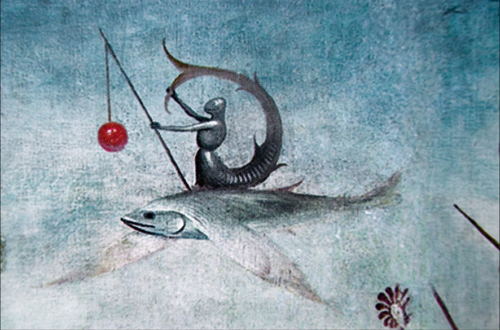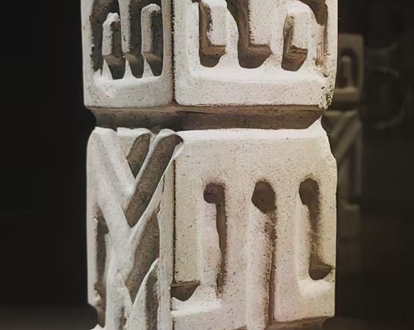Relational and Social Constructionist Consortium of Ecuador (IRYSE)
Diego Tapia Figueroa, Ph.D. and Maritza Crespo Balderrama, M.A.
Waste
The relational, work, family, and friendship contexts in Ecuadorian society tend to be characterized by what we have reiterated on many occasions: the conviction -static and fanatical- of many people in all these areas, that their greatest and worst defects and ethical, intellectual, human and relational limitations are its best qualities and virtues.
In these relational contexts, it is a utopia to think that they will be able to understand criticism and self-criticism as useful resources to contribute with intelligence and creative power to the dialogic process.
In some therapies we´ve had these weeks, we´ve talked with several clients about the meaning that respect in relationships has for them since they explained that they suffer when experiencing its absence; in the public and the private, in the intimacy and socially.
We suggested that they think that it is a waste of time (and life) to get involved and participate in -or endure- relationships that lack respect. That, by NOT setting human and respectful limits in their relationships, they enthroned what they complain about, what they do not say, or «swallow» as poison.
That accepting, allowing, bowing down, and giving power to abusive characters (and many in these provincial peripheries make abusive use of their power) to waste their time in silly relationships, were submissively accepting and legitimizing the lack of respect is normalized as the relational compass of its waning and sad future.
In short, we see a trilogy in antithesis: respect-waste-time. If there is respect, one’s own vulnerable and fragile time is not wasted. The absence of respect will precisely mean the foolish waste of one’s own and only time. The way to exercise the right to responsible self-care is to choose to relate to others, from a reflective existence.
During this period, carrying out supervision, inter-vision, and co-vision processes with several psychologists, we were struck by the condescending attitudes between them and with their clients. We see there, a lack of respect. If you don’t look at the other as what they are, an interlocutor: how do you look at them; that prevents you from looking at them in any other way; from what worldview of yours do you treat him? Where do you choose to place him?
And, we move in this sea of disposable fish and sharks, listening to and observing countless pompous and pusillanimous subjects, grotesquely ruminating on their commonplaces and prejudices that they call truth; ridiculous characters self-satisfied, in their obscene mediocrity and their vain vulgarity. And, meanwhile, we continue surfing among their conventional reductionist and cruel languages, made from easy and functional ideology to the status quo and little else.
To build and generate relationships in which others are authentic interlocutors (it is difficult to have interlocutors in relational contexts without respect, surrounded by dogmatic people, or whose greatest fear is losing their power and privileges, like sexism, for example), it is probably necessary an exercise of radical presence, of relational ethics (check what we have published about it, since January 2018, every 15 days, on this blog), of a new joy to learn with amazement, to challenge all forms of power, each time as if it were the first time, to accept diversity, to dialogue accepting differences, from complexity.
An old friend, who is elsewhere and dedicates himself to scientific issues, wondered about what he describes as wasting time, wasting it writing biweekly about matters that, at least here, do not matter; And, what’s more, he added with irony: no one reads them, they are lazy; and those who do, do not understand or do it the other way around, or are envious that you continue to reflect critically, almost as an act of political and poetic resistance. He asked us: what if you rather invested your time in writing books on those same topics or, better yet, literature, which is what interests you most?
The answer is obvious and easy, if a few pages (it would be pretentious to consider that people “should” read something because we published it; really, no one owes anything) are not read, let’s imagine what would happen with books. However, we are in that process, for the pleasure of doing it.
And, we continue in the search for contexts with history for different dialogues; being able to thank so many people for so much; continuing with curiosity and respect, creativity and imagination in this compass built with questions to generate conversational connections that transform waste into poetry.

English translation by Bruno Tapia Naranjo.



